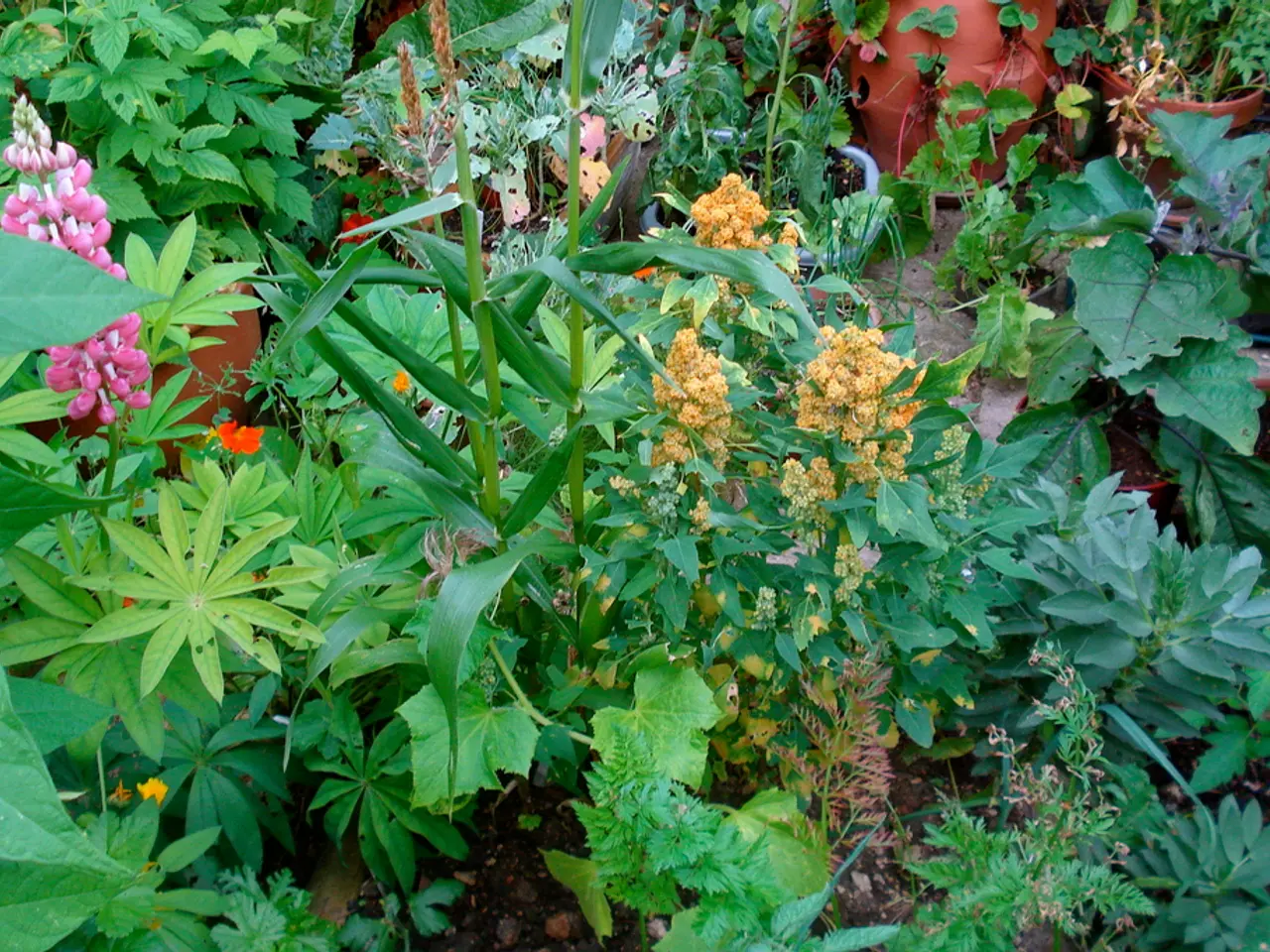Annual Planning Guide for Allocations
Getting started on an allotment can be both an exciting and daunting prospect, especially for those new to gardening. Here's a helpful guide to equip you with essential tips, tools, and advice to make your allotment journey a success.
## Essential Tips for Beginners
1. **Understand the Basics**: Familiarise yourself with the rules and regulations of your local allotment association.
2. **Plan Your Space**: Decide what you want to grow and plan your plot to make the most of the space available. Consider starting with easy-to-grow vegetables like tomatoes, lettuce, and herbs.
3. **Prepare the Soil**: Test your soil to determine its pH level and nutrient content. Add organic matter like compost to improve soil health.
4. **Choose the Right Tools**: Invest in basic gardening tools such as a spade, trowel, rake, watering can, and wheelbarrow.
5. **Learn and Adapt**: Join gardening communities or watch gardening videos to learn new techniques and adapt to changing weather conditions.
6. **Incorporate Toddler-Friendly Elements**: If you have toddlers, consider making your allotment toddler-friendly by incorporating child-safe plants and providing a play area.
## Essential Tools for Beginners
- **Spade**: For digging and turning over soil. - **Trowel**: For planting seeds and small plants. - **Rake**: For leveling and aerating the soil. - **Watering Can or Hose**: For efficient watering. - **Wheelbarrow**: For transporting soil, compost, and tools. - **Garden Gloves**: For protecting your hands from thorns and dirt. - **Compost**: To enrich the soil with nutrients.
## Advice for Success
- **Start Small**: Begin with a manageable plot size and gradually expand as you gain experience. - **Stay Consistent**: Regularly water, weed, and maintain your allotment to ensure healthy growth. - **Be Patient**: Gardening is a process that requires time and effort. Don't be discouraged by setbacks or failures. - **Seek Community**: Connecting with other allotment holders can provide valuable advice and support.
## Pest Control and Weed Management
- Carrot root fly can be deterred. - Aphids can be managed effectively. - Slugs and snails can be controlled with organic slug pellets from Crocus, Gardening Naturally, and Amazon. - Guides are available to help identify weed seedlings, deal with annual and perennial weeds, and weed without chemicals.
## Additional Considerations
- Allotments can serve as spaces for growing fruit and vegetables, relaxation, community engagement, and exercise. - Starting an allotment might require purchasing essential tools, building or repairing sheds or greenhouses, and importing manure to improve soil. - The key to a successful allotment is to not take on more than one can manage in terms of time.
By following these tips and using the right tools, you'll be well on your way to creating a thriving allotment garden. Happy gardening!
While getting started on an allotment might also involve incorporating home-and-garden elements for a lifestyle that balances productivity and relaxation, it's equally important to consider pest control as part of your gardening routine. For instance, managing carrot root fly, aphids, slugs, and snails effectively can contribute to a healthier allotment. To manage pests organically, you could consider using pellets from Crocus, Gardening Naturally, or Amazon. Additionally, gardening isn't just about growing fruits and vegetables; it can also provide opportunities for social engagement and physical exercise.




